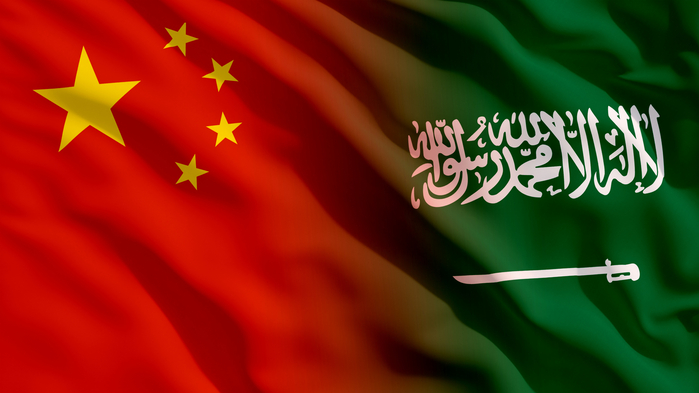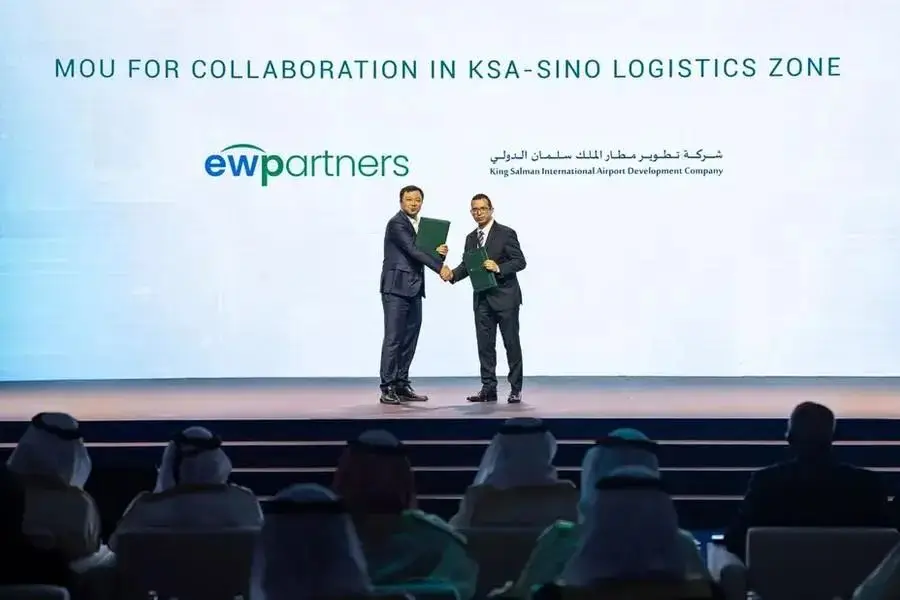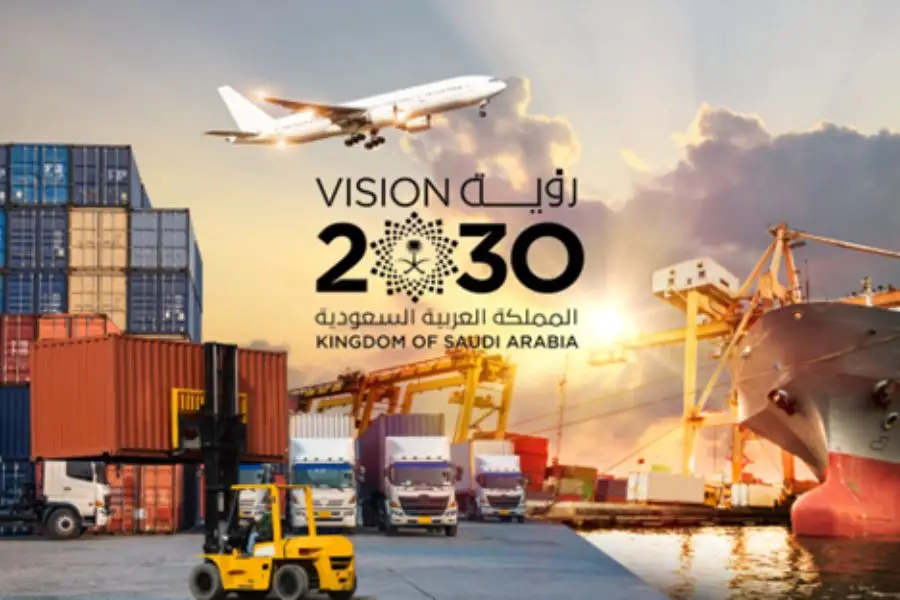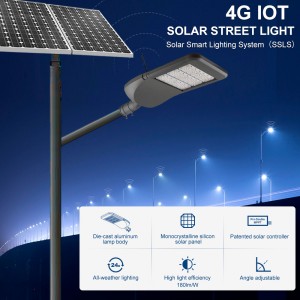Introduction to the Saudi-China Special Economic Zone (SCSEZ)
The Saudi-China Special Economic Zone (SCSEZ) is an economic zone developed by King Salman International Airport (KSAI) in conjunction with E-Tech Capital.
On 13 October 2024, the Saudi Minister of Transportation and Logistics Services announced at the opening ceremony of the inaugural Global Logistics Forum that the Saudi-China Special Economic Zone will be developed jointly by King Salman International Airport and E-Da Capital.
It is anticipated that construction of the economic zone will commence in 2025, with an expected total area of 4 square kilometers. The zone will comprise three distinct functional zones: a logistics/light industrial park, an international trade park and a living support area.
Saudi-China SEZ is a big step forward for both countries
Enhanced trade relations: By establishing a dedicated SEZ, both countries streamline trade procedures, reduce tariffs and make cross-border business transactions more efficient. For example, Chinese solar technology companies can more easily export solar street lights to Saudi Arabia, supporting the Kingdom’s green energy goals.
Investment in infrastructure: The SEZ is expected to attract significant investment in infrastructure. Chinese companies can set up manufacturing facilities in the zone, increasing Saudi Arabia’s local manufacturing capacity. This can lead to job creation, technology transfer and increased local production.
Boosting the local economy: As Saudi Arabia diversifies its economy away from oil, the SEZ opens up non-oil trade opportunities, particularly in renewable energy, technology and manufacturing. This shift not only strengthens Saudi Arabia’s economy but also supports China’s Belt and Road Initiative, creating a symbiotic economic relationship.
Exchange of knowledge and skills: As Chinese experts and companies move to Saudi Arabia, there’s a valuable exchange of knowledge, particularly in renewable energy technology. This supports Saudi Arabia’s goals for innovation and sustainability, as local technicians and engineers gain hands-on experience in cutting-edge solar technologies.
Ease of access to Chinese markets
For Saudi exporters, this SCSEZ represents a crucial gateway to China’s vast consumer market. The establishment of the Saudi-China Special Economic Zone (SCSEZ) is designed to facilitate more efficient access for Saudi businesses to Chinese markets and vice versa. The SCSEZ offers a simplified framework for export and import procedures, reduced tariffs, and enhanced infrastructure designed to facilitate efficient trade. Saudi companies, particularly those operating within sectors such as manufacturing, energy, and agriculture, can now engage with Chinese consumers more streamlined. The SCSEZ’s strategic location and modern facilities also result in reduced logistics costs and streamlined customs processes, facilitating greater business access to China’s vast consumer base.
Why Saudi Arabia Needs Solar Street Lights?
Saudi Arabia’s landscape and weather make it ideal for solar energy. With abundant sunlight year-round, it’s a no-brainer to use solar street light across the country. Here’s why solar street lighting is essential:
Energy Efficiency: Solar street lights drastically cut down on electricity costs, making it affordable to light up vast desert areas, highways, and rural roads.
Reduced Carbon Footprint: Saudi Arabia has goals for environmental sustainability, and using solar lighting aligns with its commitment to green energy and the reduction of fossil fuel dependence.
Ease of Maintenance: Solar street light is generally easier to maintain because they’re not wired into the traditional grid. This helps reduce operational costs, making them a practical long-term solution for the Saudi government.
FAQs of Saudi-China Special Economic Zone
How does the SEZ impact the costs of exporting goods?
Expect to see reduced costs. Lower taxes, quicker shipping, and streamlined processing cut down the overall cost of getting products to market.
Will there be specific incentives for green tech or sustainable products?
Absolutely. Both Saudi Arabia and China are looking at green tech as part of their long-term goals, so products that align with these objectives could get extra perks.
What industries benefit the most?
Manufacturing, technology, energy, and agriculture all stand to gain. But really, any export-driven business can find opportunity here.
How will this SEZ affect smaller exporters?
Big time. Smaller companies often get hit hardest by tariffs and long shipping times. This SEZ could level the playing field, giving smaller exporters a shot at competing in new markets.
Refereed articles:
Solar Street Lights Pop Up Across The City To Fill The Safety Gap
What Is The Prospect Of Solar LED Street Light?
Positive Effect Of The BRICS On Foreign Trade Transactions
Post time: Nov-06-2024







